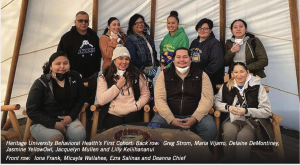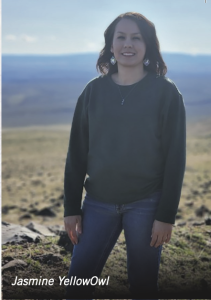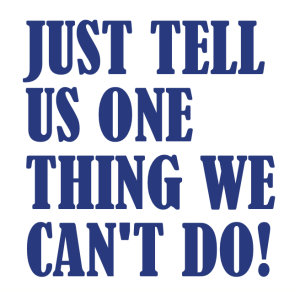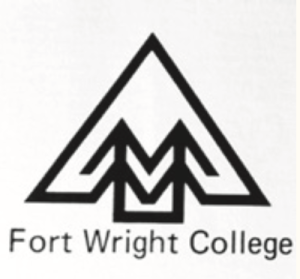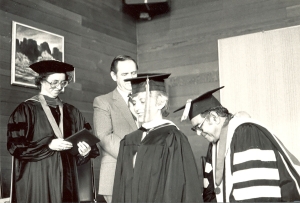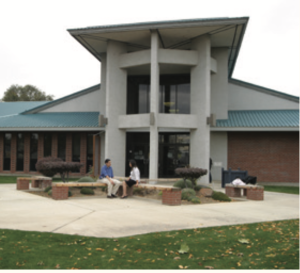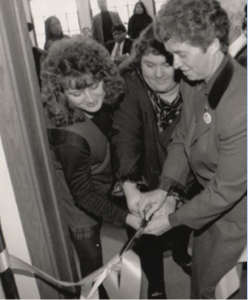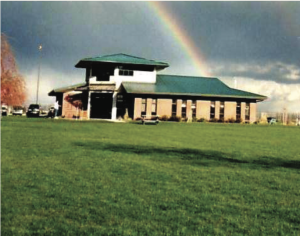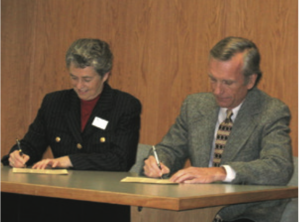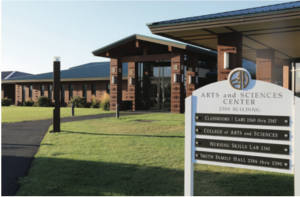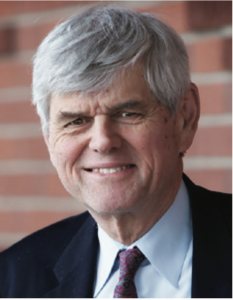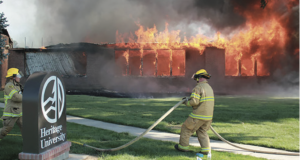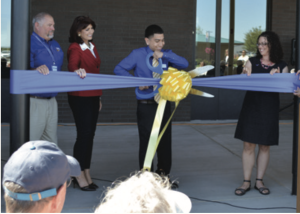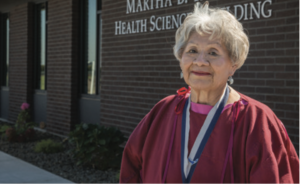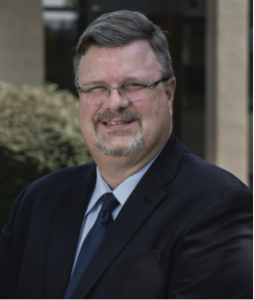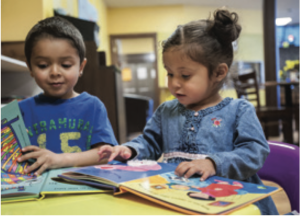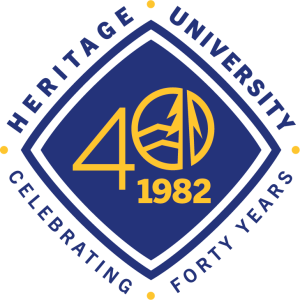Law school pipeline program for Central Washington students to launch at Heritage University
FOR IMMEDIATE RELEASE

Law school pipeline program for Central Washington students to launch at Heritage University
Toppenish, Wash. – Legal educators, lawyers, and judges from across Washington state will lead a program at Heritage University designed to prepare Central Washington students for the rigors of law school and a legal career. The program, funded by a grant from the Law School Admission Council (LSAC) Prelaw Undergraduate Scholars (PLUS) Program, is an innovative partnership between the law schools at Seattle University, the University of Washington and Gonzaga University and Heritage that aims to make a law degree more accessible to diverse students, especially Latino/Latina/Latinx and Indigenous students.
To teach specific program topics, the program will host highly acclaimed legal professionals from across the state, including:
- Stephen C. Gonzalez – chief justice, Washington Supreme Court
- Helen Whitener – justice, Washington Supreme Court
- Annette Clark – dean and professor of law, Seattle University School of Law.
- César Torres – executive director, Northwest Justice Project in Yakima, Wash.
- Sonia Rodriguez-True – Yakima County Superior Court commissioner in Yakima, Wash.
- Bree Black Horse – senior associate with Seattle law firm Kilpatrick Townsend and Seminole Nation of Oklahoma citizen.
- Fé LopezGaetke – director, LSAC diversity, equity & inclusion programs & operations.
- Jaime “Jr.” Cuevas – general council, Ramsey Companies in White Swan, Wash.
- Lola Velazquez – attorney, Northwest Justice Project.
The LSAC PLUS Program kicks off the three-week program on Tuesday, June 14, 2022, with in-person classes at Heritage three days each week. Key aspects are designed to help the 37 enrolled students envision themselves as lawyers, with a visit by Washington Supreme Court justices, a mock law school class, roundtable discussions with leaders of minority bar associations, and modules that provide helpful information to demystify the application process and the law school experience. Students may also visit one of the Washington law schools. A shorter, follow-up program component will take place in October.
By the end of the program, students will have a better understanding of what it takes to apply to and become accepted by a law school, thrive as a law student, and ultimately a career as a lawyer. Students will make valuable connections with diverse attorneys and judges in their community who are invested in their future success.
For additional background information, visit: https://law.seattleu.edu/about/newscenter/all-current-stories/partnership-seeks-to-create-a-pipeline-of-latinx-and-indigenous-students-from-heritage-university-to-law-school.html
Media are invited to report on the first day of the LSAC PLUS Program, with opportunities to interview students, instructors and program coordinators during a break scheduled for 4:30 p.m. For more information, contact Davidson Mance, Heritage University media relations coordinator, at (509) 969-6084 or Mance_D@Heritage.edu.
# # #
This project received funding from the Law School Admission Council (LSAC). The opinions and conclusions contained in this document are the opinions and conclusions of the author(s) and do not necessarily reflect the position or policy of LSAC.

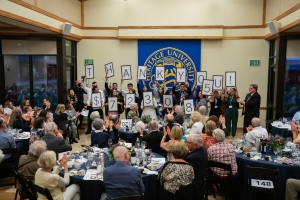
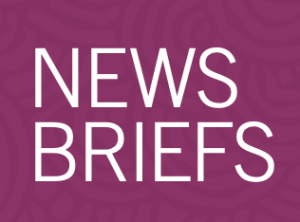
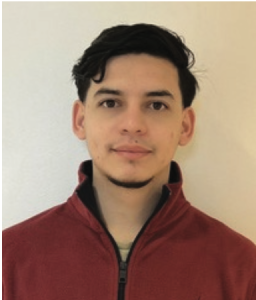
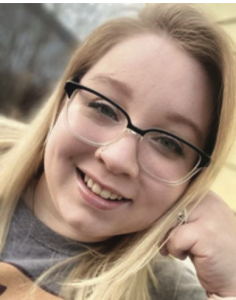
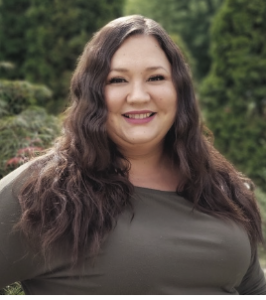
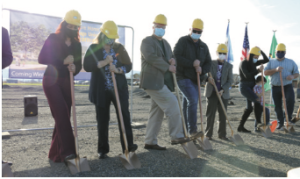
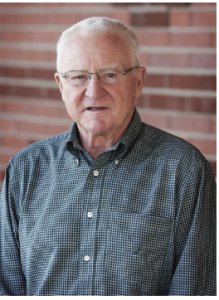

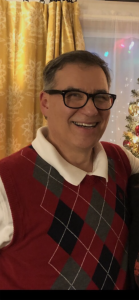 Phillip J. Vasquez (Principal Certification) recently retired from the Yakima School District. Vasquez spent 18 years working in school administration in the district. During his career he served as an assistant principal in an elementary school and as a principal at both the elementary and middle school levels.
Phillip J. Vasquez (Principal Certification) recently retired from the Yakima School District. Vasquez spent 18 years working in school administration in the district. During his career he served as an assistant principal in an elementary school and as a principal at both the elementary and middle school levels.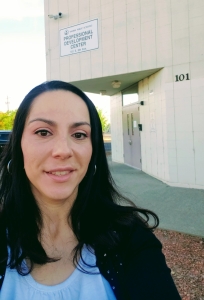 Rachel Gonzalez- Garza (M.Ed., Professional Development in ESL) recently completed The National Institute for STEM Education (NISE) certification. NISE is a competency-based, academic portfolio of work that demonstrates proficiency across STEM teacher actions.
Rachel Gonzalez- Garza (M.Ed., Professional Development in ESL) recently completed The National Institute for STEM Education (NISE) certification. NISE is a competency-based, academic portfolio of work that demonstrates proficiency across STEM teacher actions.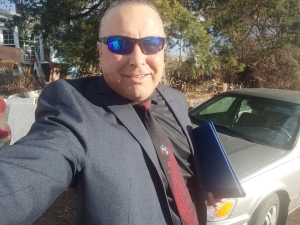 Patrick Feller (B.A., Environmental Studies) joined Darigold to serve as a production supervisor in their whey plant in Sunnyside, Washington. He previously served as a field science technician for the Washington Department of Fish and Wildlife.
Patrick Feller (B.A., Environmental Studies) joined Darigold to serve as a production supervisor in their whey plant in Sunnyside, Washington. He previously served as a field science technician for the Washington Department of Fish and Wildlife.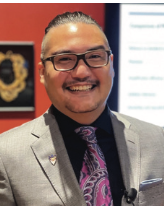 Corbin Schuster, PhD (B.S., Biomedical Sciences) earned a doctoral degree in microbiology from Oregon State University in December. His thesis was “Expanding Diagnostic Assays for Pseudoloma Neurophilia and Description of the Progression of Infection in Adult Zebrafish Populations.”
Corbin Schuster, PhD (B.S., Biomedical Sciences) earned a doctoral degree in microbiology from Oregon State University in December. His thesis was “Expanding Diagnostic Assays for Pseudoloma Neurophilia and Description of the Progression of Infection in Adult Zebrafish Populations.”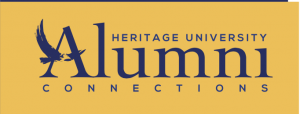
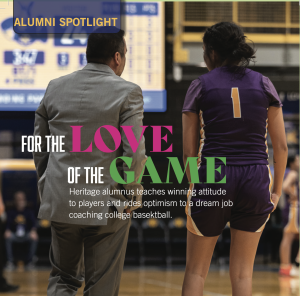
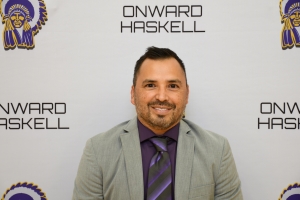
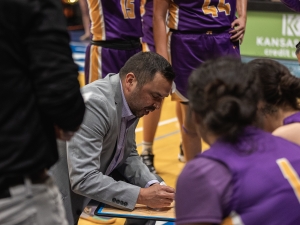
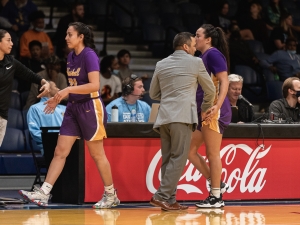 Strom applied and got the job.
Strom applied and got the job.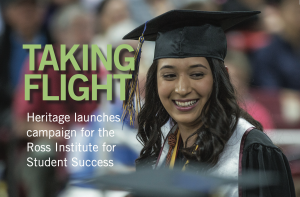 Heritage launches campaign for the Ross Institute for Student Success
Heritage launches campaign for the Ross Institute for Student Success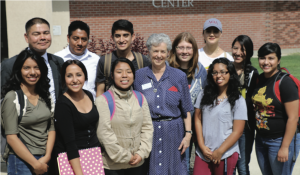
 with only 8.2 percent of students getting two-year degree and 11.1 percent earning a four-year degree.
with only 8.2 percent of students getting two-year degree and 11.1 percent earning a four-year degree. Families were so eager to receive support from the early steps team that a waitlist was generated. Organizers are adding additional coordinators in Grandview, Mabton, and Sunnyside in 2022 to meet the demand for services.
Families were so eager to receive support from the early steps team that a waitlist was generated. Organizers are adding additional coordinators in Grandview, Mabton, and Sunnyside in 2022 to meet the demand for services.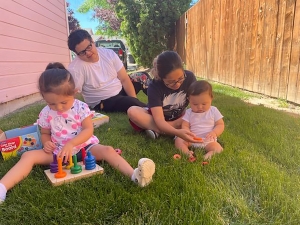

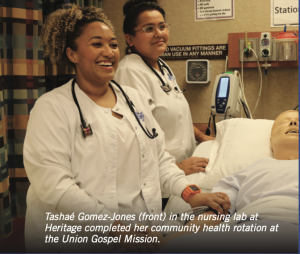
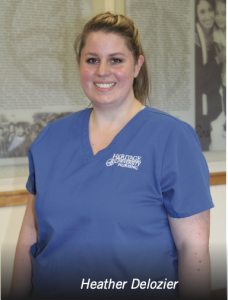
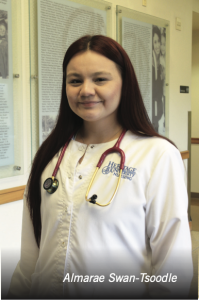 “Living on the reservation, I know that if you want to make a change, you have to involve your people. You have to hear from them and ask questions to fully understand the problem before you can find solutions,” she said. “I want to be someone who helps us all move forward and break negative cycles.”
“Living on the reservation, I know that if you want to make a change, you have to involve your people. You have to hear from them and ask questions to fully understand the problem before you can find solutions,” she said. “I want to be someone who helps us all move forward and break negative cycles.”